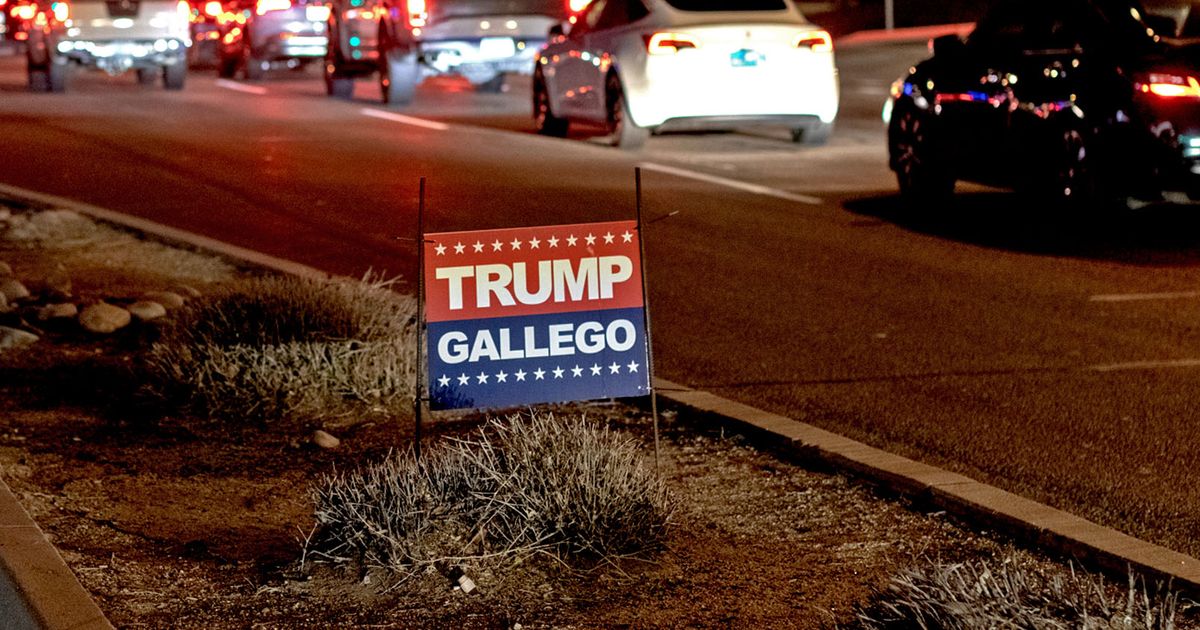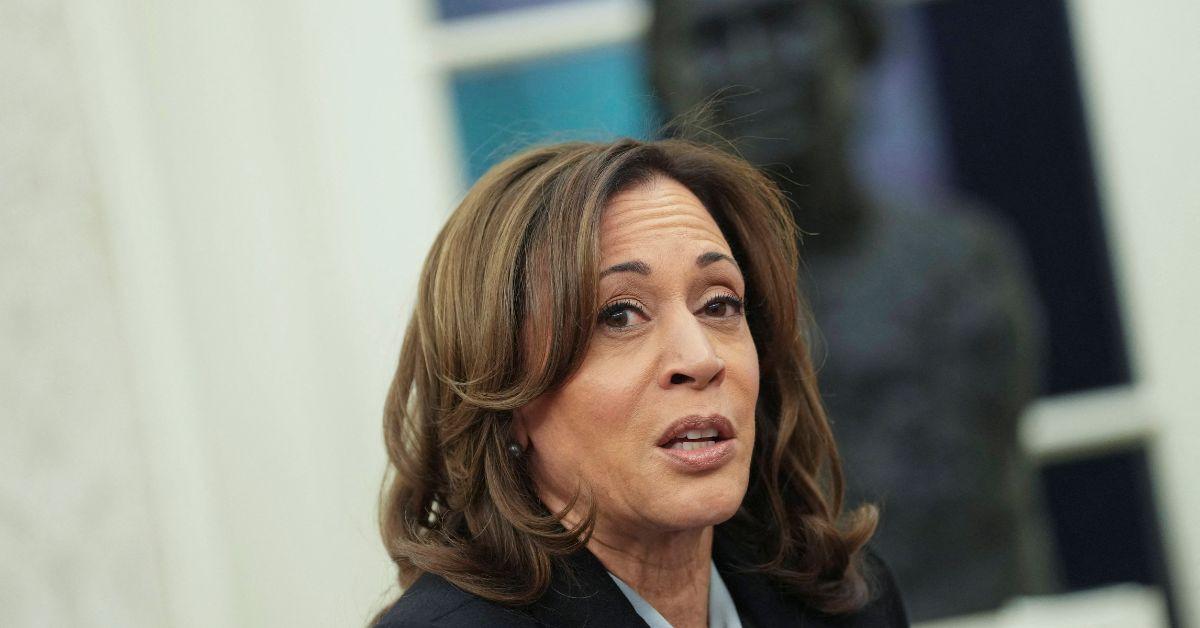Donald Trump is to gardens as Barack Obama was to guns.
This isn’t a trick sentence or a standardized test question. It’s a statement about how perceptions of a presidential administration can impact behavior. The fear during the latter’s administration was that “Obama is coming for our guns,” resulting in a spike in gun and ammunition sales. The worry about Trump’s administration is fear of the unknown — resulting in people looking for solace and self-sufficiency in the garden.
Venice Williams, the executive director of Alice’s Garden, a community garden on Milwaukee’s north side, reported a 45% increase in requests for garden plots since Trump defeated Kamala Harris in November, compared to the same period a year before. In fact, the hobby started growing in popularity in Trump’s first administration. Urban gardening, in particular, has seen a national growth rate of nearly 20% annually since 2018.
Many people also turned to gardening during the COVID-19 pandemic. What factors are driving Milwaukeeans’ desire to grow their fruits, vegetables, and herbs this time around? There are several interconnected elements, all rooted in the policies that soon could be implemented by the Trump administration.
The recent presidential election left many people feeling overwhelmed, and many are still dealing with that stress. Gardening can be a therapeutic activity that has been shown to reduce stress levels. There’s a practical side to the interest as well.
Trump has promised to deport millions of migrants starting on his first day in office. Experts suggest this could increase costs for fruits and vegetables harvested by immigrant workers, ultimately affecting grocery store prices. Additionally, Trump’s proposal to impose tariffs on hundreds of billions of dollars worth of goods from Mexico and Canada could drive even higher prices.
“Are people worried about food costs going up? Yes, they are, and that’s why we are seeing an increase in applications from people wanting to grow their food,” Williams said.
Urban gardening has steadily grown in the U.S. since 2018
Williams said the election pushed many first-time gardeners to request space. During a typical year, she sees urban growers seek space beginning in April followed by another stream of requests in June. This season, requests started coming within a week of Trump’s victory.
Trump’s proposed tariffs could affect trade by more than $900 billion. Since Mexico is the leading supplier of tomatoes, avocados, raspberries, bell peppers, and strawberries to the U.S., these potential tariffs could increase consumer prices if implemented.
Some individuals requesting garden plots may be doing so as a knee-jerk reaction, but Williams has observed a similar increase in urban gardening during Trump’s first term in the White House. At that time, the fear of the unknown prompted people to learn how to grow their own herbs. This time, she suspects that more people will choose to grow the exact items they expect will become more expensive in grocery stores once Trump retakes office.
Urban gardening has steadily grown in the United States since 2018, as cities transformed vacant lots into community gardens and gathering spaces. These community gardens have been shown to improve mood, help people burn calories, and reduce stress, anxiety, and depression. They also address the issue of food deserts that exist in many urban communities, including Milwaukee.
According to a 2024 study published in Urban Forestry & Urban Greening, the number of applications for urban gardening increased nationally by 19% from 2018 to 2019, 25% from 2020 to 2021, and 16% from 2021 to 2022. This highlights the increasing demand for urban community gardening before, during, and after the COVID-19 pandemic.
My wife was also among the number of people who started gardening in the spring of 2020. Victory Garden Initiative, a local community garden with a focus on anti-racism policies, delivered us our first garden bed. It was part of their yearly garden blitz campaign, which aims to place garden beds in marginalized zip codes to help improve food inequity. Our zip code qualified.
During Trump’s campaign bid, he promised to make food prices more affordable. Food prices have increased 28% over the past five years and many Americans – myself included – feel the squeeze.
Food is closely connected to history and heritage
The phenomenon isn’t limited to Milwaukee. Capital Roots, a nonprofit organization that manages 55 community gardens in the Albany, New York, region, received 31 new membership applications from Election Day until the beginning of this year. This figure is nearly three times the number of applications they received during the same period in 2022, according to data from Capital Roots shared with CNN.
Kristin Brey: Wisconsin state budget surplus a sham when so many essential services starved
Williams highlighted an essential factor contributing to the growing interest among African Americans in cultivating their food. For many in the Black community, growing their food represents a deep connection to their heritage and symbolizes resilience. Additionally, cultivating healthy food fosters a sense of community. It allows for cultural expression, rooted in the legacy of ancestors who tended to their gardens even during the hardships of slavery.
This aspect resonates deeply with me.
Growing up in the South and working on my grandparents’ pig farm in Gloster, Mississippi, as a preteen, I fondly remember planting seeds on their land, yielding watermelons, green beans, butter beans, snap peas, okra, greens, and various herbs and spices.
We truly lived off the land. What we harvested that morning, before the sun’s heat became unbearable, was what we had for lunch and dinner. My grandmother also operated a store, so everyone who stopped by to purchase items ranging from milk and butter to eggs and greens enjoyed the food we grew.
It was healthy food, and since my grandparents didn’t use pesticides, we knew exactly what we ate.
“We need to continue to return to the ways of our ancestors,” said Williams, who has been growing food in Milwaukee for more than three decades.
Let’s revisit the powers that presidents wield.
While Obama advocated for stricter gun laws, he never stated that he would confiscate anyone’s firearms. Nonetheless, the fear associated with potential gun regulations resulted in record sales during his administration.
In contrast, Trump has not yet endorsed urban gardening, but I’m sure he will take credit for the flourishing industry.
You can reach James E. Causey at jcausey@jrn.com or follow him on X @jecausey.
This article originally appeared on Milwaukee Journal Sentinel: Trump deportations and tariffs are pushing people to garden | Opinion













